News
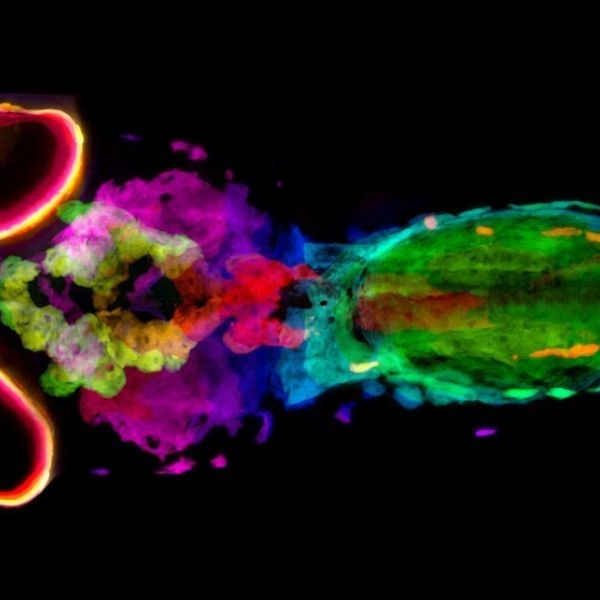
Oct 05, 2021
New way to image whole organisms in 3D brings key skin color pigment into focus
To understand the biological underpinnings of skin and hair pigmentation and related diseases such as albinism or melanoma, scientists and doctors need quantitative, three-dimensional information about the architecture, content and location of pigment cells. Penn State College of Medicine researchers have developed a new technique that allows scientists to visualize every cell containing melanin pigment in 3D, in whole zebrafish.
Full Article

Oct 05, 2021
Vasant Honavar named Huck Chair in Biomedical Data Sciences and AI
Vasant Honavar, professor in the College of Information Sciences and Technology, has been named the Dorothy Foehr Huck and J. Lloyd Huck Chair in Biomedical Data Sciences and Artificial Intelligence by the University’s Huck Institutes of the Life Sciences.
Full Article

Sep 21, 2021
BG student named semifinalist for genetics research award
The American Society of Human Genetics (ASHG) has selected Chen Wang, a graduate student from Penn State’s doctoral program in bioinformatics and genomics, as a predoctoral semifinalist for the 2021 Charles J. Epstein Trainee Awards for Excellence in Human Genetics Research.
Full Article
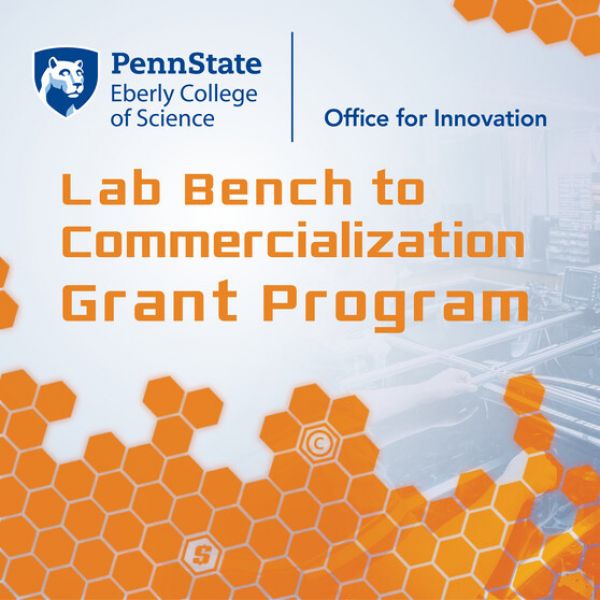
Sep 14, 2021
Eberly’s 2022 Lab Bench to Commercialization grant recipients announced
The Eberly College of Science has chosen faculty members Joyce Jose and Sally Mackenzie to receive its 2022 Lab Bench to Commercialization grants. This competitive program provides funding for researchers in the college, enabling them to enhance the commercial potential of ongoing Penn State research and prepare them to translate their Penn State-owned intellectual property to the marketplace.
Full Article
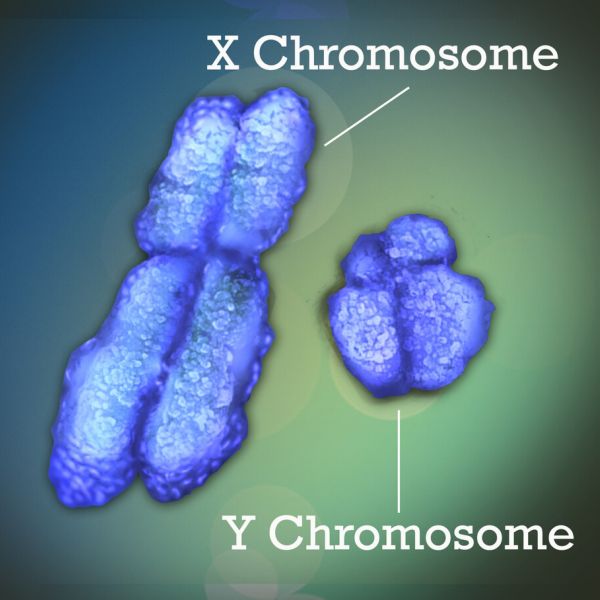
Sep 09, 2021
New tool reveals genetic influence of some sex-biased diseases, including lupus
Many human diseases can differ between males and females in their prevalence, manifestation, severity or age of onset. Examples include Lupus, where more than 80% of patients are females; Alzheimer’s disease, where females have higher incidence and tend to suffer quicker cognitive decline; and COVID-19 infections that are frequently more severe in males.
Full Article

Aug 30, 2021
Staying home, primary care, and limiting contagion hubs may curb COVID-19 deaths
Staying home and limiting local travel, supporting access to primary care, and limiting contacts in contagion hubs — including hospitals, schools, and workplaces — are strategies that might help reduce COVID-19-related deaths, according to new research.
Full Article
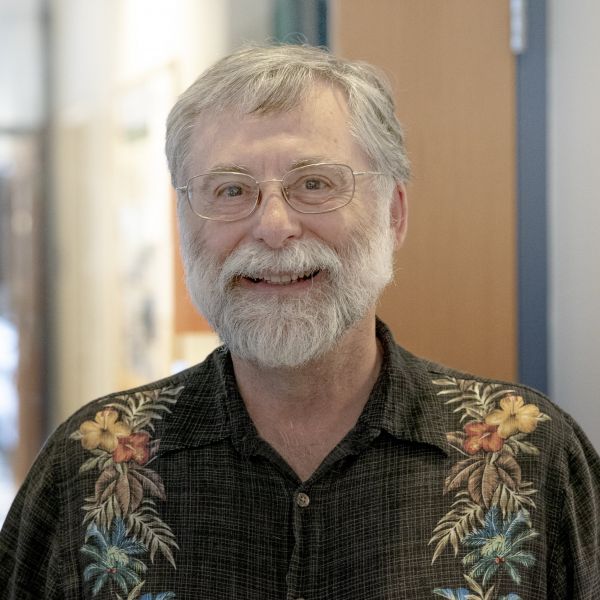
Jun 30, 2021
Claude dePamphilis named Huck Chair in Plant Biology and Evolutionary Genomics
Claude dePamphilis, Penn State Professor of Biology, has been named the Dorothy Foehr Huck and J. Lloyd Huck Distinguished Chair in Plant Biology and Evolutionary Genomics by the Huck Institutes of the Life Sciences.
Full Article
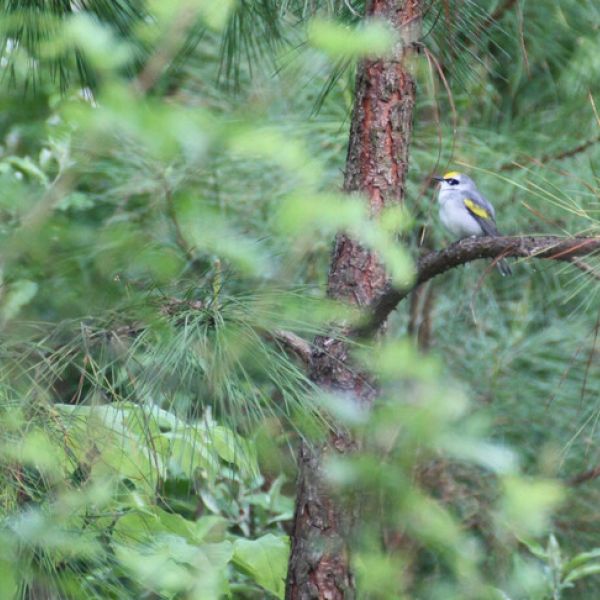
Jun 21, 2021
Weird warbler reveals genetics of its mismatched colors
An incredibly rare hybrid warbler with mismatched color patterns has allowed researchers to disentangle the genetic drivers of two traits that usually come as a package deal — the black face mask and the black throat patch in blue-winged and golden-winged warblers.
Full Article
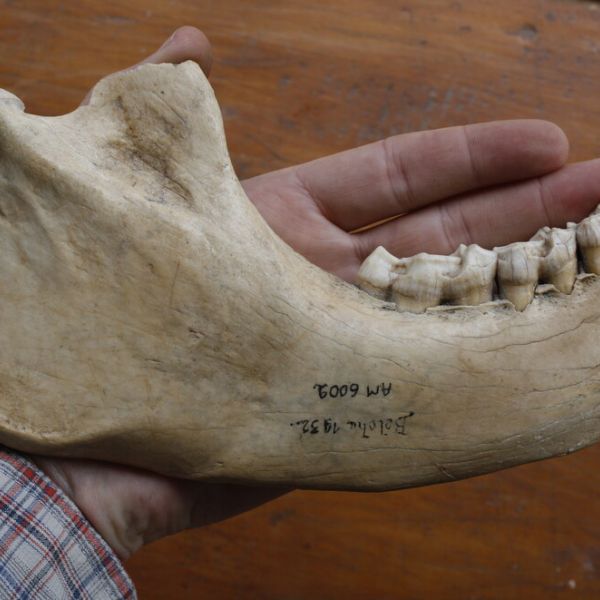
Jun 24, 2021
Newly sequenced genome of extinct giant lemur sheds light on animal's biology
Using an unusually well-preserved subfossil jawbone, a team of researchers — led by Penn State and with a multi-national team of collaborators including scientists from the Université d’Antananarivo in Madagascar — has sequenced for the first time the nuclear genome of the koala lemur (Megaladapis edwardsi), one of the largest of the 17 or so giant lemur species that went extinct on the island of Madagascar between about 500 and 2,000 years ago.
Full Article

Apr 09, 2021
New position will support graduate and post-graduate training
Donna Korzick, professor of physiology and kinesiology, recently assumed a new role as director of graduate training initiatives in the Huck Institutes for the Life Sciences. In this role, Korzick is dedicating half of her time to support the application for and execution of training grants from organizations like the National Institutes of Health.
Full Article